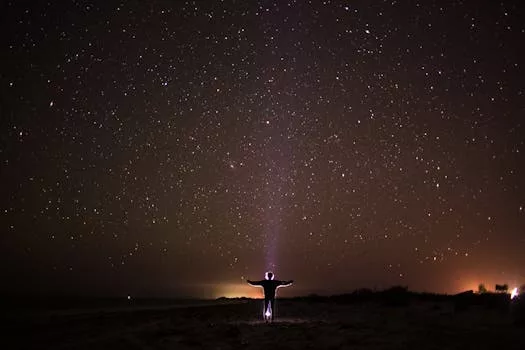Must-Read Books That Defined the Literary Landscape in 2023
Takeaways: In 2023, several books have emerged as pivotal in shaping contemporary literature. This article highlights a selection of these must-reads, exploring their themes, authors, and the impact they’ve made on readers and critics alike. From fiction to memoirs, the books featured here have not only captured attention but also sparked conversations about culture, identity, and society.
The literary landscape of 2023 has been rich and diverse, showcasing talents from various backgrounds and genres. As readers, it is essential to engage with these works that challenge, inspire, and entertain. Here’s a look at some of the must-read books that have defined this year.
1. The Covenant of Water by Abraham Verghese
Abraham Verghese’s The Covenant of Water has captivated readers with its sweeping narrative and intricate storytelling. Set in Kerala, India, this novel spans several generations, delving into themes of love, loss, and the complexities of family. Verghese’s rich prose transports readers to a lush world filled with vibrant characters who navigate the challenges of life and death.
This book has not only been a commercial success but has also received critical acclaim, being nominated for various literary awards. Readers have praised Verghese for his ability to weave personal and cultural histories into a compelling narrative. The exploration of water as a symbol of life and change resonates deeply in today’s context, making it a must-read for anyone interested in profound storytelling.
2. Tomorrow, and Tomorrow, and Tomorrow by Gabrielle Zevin
Gabrielle Zevin’s Tomorrow, and Tomorrow, and Tomorrow is a fascinating exploration of friendship, creativity, and the world of video game development. The novel follows two friends and their journey through the ups and downs of life as they create immersive gaming experiences. Zevin’s sharp wit and keen observations on the nature of collaboration and competition have struck a chord with readers, especially in our increasingly digital age.
This book has been lauded for its unique narrative structure and ability to blend different genres. It not only entertains but also prompts readers to reflect on the nature of art and the relationships that shape our lives. As technology continues to evolve, Zevin’s insights into the connections we forge in both the virtual and real worlds make this a timely read.
3. Lessons in Chemistry by Bonnie Garmus
Bonnie Garmus’s debut novel, Lessons in Chemistry, has taken the literary scene by storm with its blend of humor and poignant social commentary. Set in the 1960s, the story follows Elizabeth Zott, a chemist whose career is thwarted by the gender biases of her time. Through Elizabeth’s journey, Garmus addresses issues of sexism, ambition, and resilience, making it a powerful feminist narrative.
This book has resonated with many readers, drawing parallels between past and present struggles for equality. Garmus’s sharp dialogue and memorable characters bring life to a story that is both entertaining and thought-provoking. Lessons in Chemistry has become a cultural touchstone, inspiring discussions about women’s roles in science and society.
4. How to Do Nothing: Resisting the Attention Economy by Jenny Odell
In a world dominated by constant notifications and digital distractions, Jenny Odell’s How to Do Nothing offers a refreshing perspective on the importance of disengagement and mindfulness. Odell challenges readers to rethink their relationship with productivity and the pressures of the attention economy. Through a blend of personal anecdotes and research, she advocates for the value of stillness and observation.
This book has gained traction among readers seeking to reclaim their time and focus in an increasingly chaotic world. Odell’s insights encourage a deeper connection with our environments and communities, making it a must-read for those feeling overwhelmed by the demands of modern life.
5. Trust by Hernan Diaz
Hernan Diaz’s Trust has emerged as a remarkable examination of wealth, power, and the narratives we construct. The novel is structured in a unique way, presenting multiple perspectives on the life of a wealthy financier and his wife. Diaz’s intricate storytelling challenges the reader to consider the reliability of narratives and the nature of truth in our understanding of success.
This book has sparked discussions about capitalism and the stories we tell ourselves about wealth. Diaz’s innovative approach to storytelling and his exploration of class and identity make Trust a significant addition to contemporary literature.
Conclusion

For those interested in exploring the themes and stories presented in these books, consider visiting Goodreads for reviews and recommendations, or check out Literary Hub for the latest literary news and articles. Additionally, The New York Times Book Review provides critical insights and features on the best books of the year. Don’t miss out on the chance to delve into the rich narratives that have defined this year’s literary landscape!






